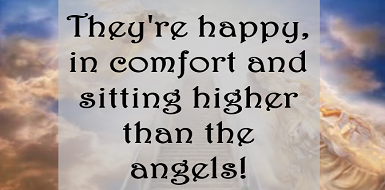Susan Rardon
Rose, Ph.D.
But, We Will Survive: Pushing through Grief
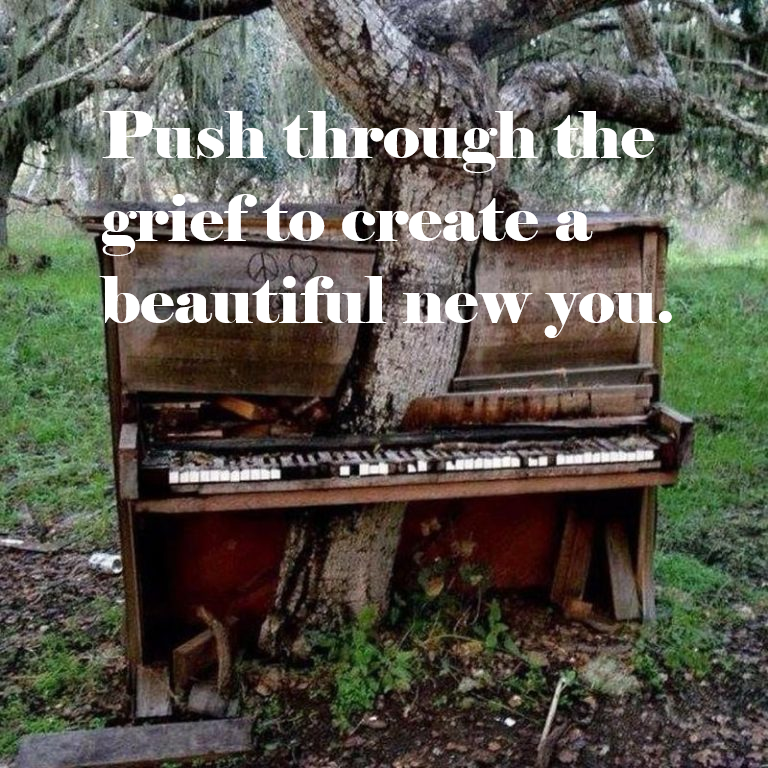
The Resilience of Grief: Navigating the Journey with Support and Compassion
Continuing the analogy of the tree, we will survive! Just as this tree was not stopped by the piano in its way, we will move on—whether we want to or not. And, in early grief, there are days where it’s work simply to get through the day and to want to go on. (And, those of us who’ve walked this journey understand that there’s a big difference in not wanting to go on and being suicidal.) But, it’s important that we put the work in—for ourselves and for those that love us.
This is an important image for me as I work through this grief on Day 111 (and our daughter’s 32nd birthday). Yes, I still count the days. I know there will come a day when I will move on to counting months, then years. The loss will always be with me. I will always miss him, but life will push on—just as the life in this tree pushed through the piano. Will the weight of grief be as heavy as this piano? You bet ya! But, life gives us choices. We can work to walk alongside the grief, just as this piano sits alongside this tree creating a beautiful image of the trials of life. Or, we can allow the grief to swallow us or tamp out our life. My hope for you is that you choose to live, to walk alongside the grief.
Surviving and Thriving in Grief
But enough with the imagery, what are the skills to survive? It’s important to be with those going through the trials and tribulations of grief—to show up. But, what can we actually DO to help? First, say something. A colleague at work texted about a work question but first said, “I think of you often, but don’t reach out because I don’t know what to say.” You don’t have to know. Just that you’re trying is enough. Please don’t pull away out of fear of saying something wrong.
Researchers in grief call this “a double loneliness”—on top of the loss of someone they love, the griever loses the connection and alliance of the people around them. For fear of making things worse, people go silent just when we need them most (Devine, 2017).
The Power of Honest Presence
As a friend or counselor, you are not expected to be perfect. It’s perfectly okay to lead a conversation with, “I don’t know what to say.” Most don’t. This is a difficult and awful time, but we do need to be there. Admitting you’re uncomfortable allows you to at least be there and say something. That’s the real gift—Companionship!
If you’re not sure what to say, ask! It’s always been confusing to me why we think asking what to say is wrong. It reminds me of the cultural connection. If I don’t know someone else’s culture, it’s respectful of me to find out—to ask them—rather than do the wrong thing. This is much like that. Your friend or client is walking a path—a culture—that you may not have walked. Err on the side of being present. Your effort really is noticed and appreciated (Devine, 2017).
Reminders of Some Practical Tips for Supporting Someone in Grief
- Acknowledge the Loss: Simply acknowledging the loss can be comforting. Saying, “I’m so sorry for your loss,” or “I can’t imagine what you’re going through,” shows empathy and recognition of their pain.
- Be a Good Listener: Let them share their thoughts and feelings without interruption. Sometimes, they need to vent, cry, or simply talk about their loved one. Your role is to listen and provide a safe space for them to express themselves.
- Offer Practical Help: Grieving individuals often struggle with daily tasks. Offering to help with errands, cooking, or household chores can alleviate some of their burdens. Be specific in your offers, such as, “Can I bring you dinner tomorrow night?” or “Would you like me to help with the grocery shopping?”
- Avoid Clichés and Platitudes: Phrases like “Everything happens for a reason” or “They’re in a better place now” can feel dismissive. Instead, focus on validating their feelings and acknowledging their pain.
- Check-In Regularly: Grief doesn’t end after the funeral. Regular check-ins, whether through a call, text, or visit, show that you’re still there for them. Remembering important dates, such as anniversaries or birthdays, also shows that you care.
- Respect Their Grieving Process: Everyone grieves differently. Some may want to talk about their loved one frequently, while others may prefer solitude. Respect their needs and be flexible in your approach.
References
Devine, M. (2017). It’s OK That You’re Not OK: Meeting Grief and Loss in a Culture That Doesn’t Understand. Boulder, CO: Sounds True. (ISBN: 97871622039074)
I am a school counselor turned counselor educator, professor, and author helping educators and parents to build social, emotional, and academic growth in ALL kids! The school counseling blog delivers both advocacy as well as strategies to help you deliver your best school counseling program.

I'm a mother, grandmother, professor, author, and wife (I'll always be his). Until October 20, 2020, I lived with my husband, Robert (Bob) Rose, in Louisville, Ky. On that awful day of October 20,2020, my life profoundly changed, when this amazing man went on to Heaven. After Bob moved to Heaven, I embraced my love of writing as an outlet for grief. Hence, the Grief Blog is my attempt to share what I learned as a Counselor in education with what I am learning through this experience of walking this earth without him. My mission is to help those in grief move forward to see joy beyond this most painful time.
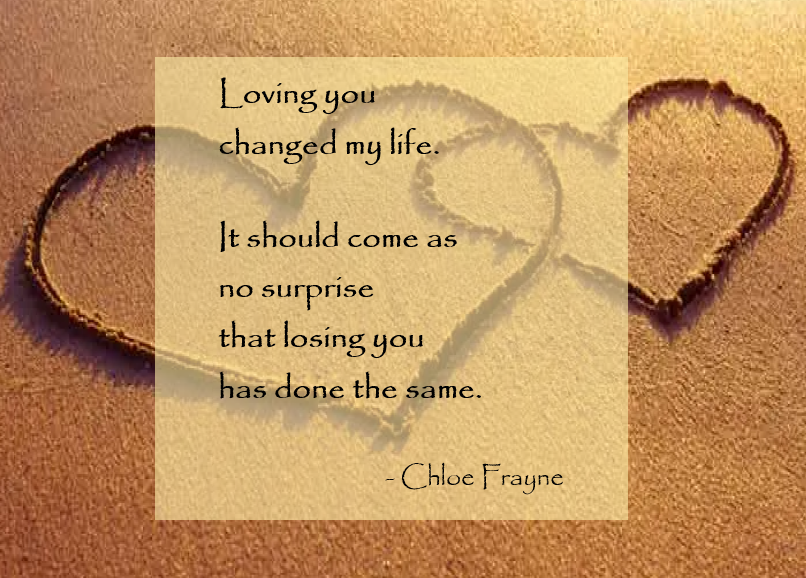
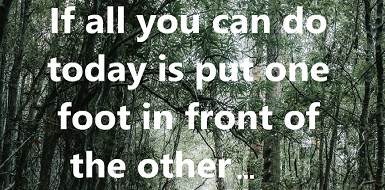

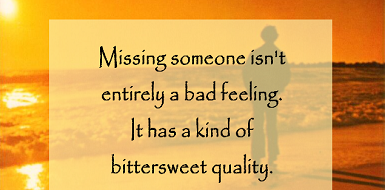

Useful Links




